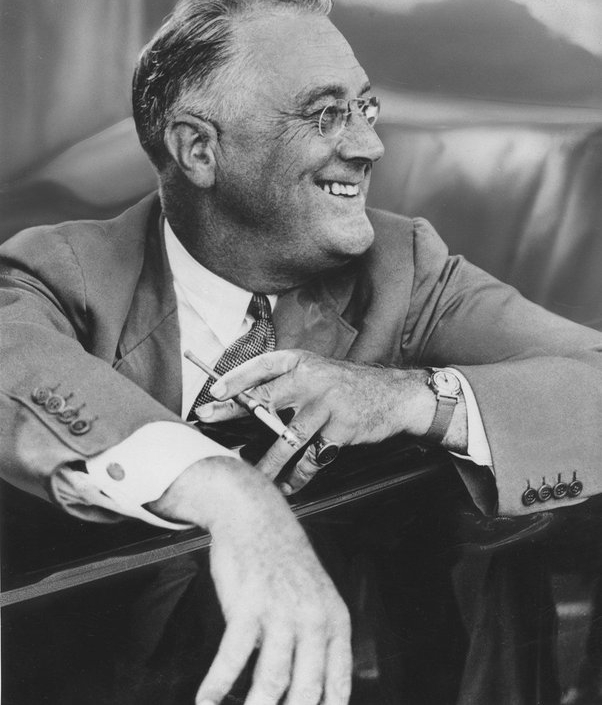What lessons can we learn from Franklin D. Roosevelt’s actions to prevent an imperial presidency? Franklin D. Roosevelt’s presidency, which spanned from 1933 to 1945, provides numerous lessons on the balance of power in the U.S. government. His tenure, marked by significant expansion of executive power, has often been analyzed in discussions about the potential for an imperial presidency. Here are some key lessons:
Checks and Balances are Crucial
Roosevelt’s actions highlight the importance of maintaining robust checks and balances within the federal government. While his New Deal programs and wartime decisions were significant, they often sparked debates over executive overreach. The Judiciary, particularly the Supreme Court, and Congress played essential roles in checking his powers. For instance, the Supreme Court struck down several New Deal programs as unconstitutional, reminding us of the judiciary’s role in curbing potential executive overreach.
Legislative Oversight
Congressional oversight is a fundamental mechanism to prevent an imperial presidency. Roosevelt faced opposition from Congress, particularly after 1938 when the conservative coalition gained strength. The importance of a vigilant and independent legislature in scrutinizing and challenging executive actions is a critical takeaway from his presidency.
Public Accountability and Transparency
Roosevelt’s use of fireside chats and other direct communications with the public underscores the importance of transparency and public accountability. While these efforts were largely positive in gaining public support, they also demonstrate how a president can leverage direct communication to influence public opinion and, indirectly, policy.
Term Limits
FDR’s four terms in office directly led to the 22nd Amendment, which limits presidents to two terms. This amendment is a structural safeguard against the potential for an imperial presidency by ensuring regular opportunities for leadership change.
Respect for Institutional Norms
Roosevelt’s attempt to pack the Supreme Court in 1937 by adding more justices to gain favorable rulings was met with significant resistance and ultimately failed. This episode underscores the importance of respecting institutional norms and the potential backlash when they are perceived to be under threat.
Executive Orders and Emergency Powers
Roosevelt extensively used executive orders and emergency powers, particularly during the Great Depression and World War II. This demonstrates the need for clear limitations and oversight of executive orders to prevent their abuse. Congress and the judiciary need to ensure that emergency powers are used appropriately and not as a means to circumvent the legislative process.
Balancing National Security and Civil Liberties
Roosevelt’s internment of Japanese Americans during World War II is a stark reminder of the potential for executive overreach during times of national crisis. It highlights the importance of safeguarding civil liberties even in the face of security concerns and the need for continuous vigilance by other branches of government and the public.
Role of the Media
The media’s role in scrutinizing and reporting on presidential actions is crucial. During Roosevelt’s era, the media was a key player in shaping public perception and holding the administration accountable. A free and independent press remains a cornerstone in preventing any tendencies toward an imperial presidency.
Conclusion
Roosevelt’s presidency, with its unprecedented expansion of executive power, offers valuable lessons on the need for a strong system of checks and balances, vigilant oversight, transparency, respect for institutional norms, and the protection of civil liberties. These elements are essential in preventing the emergence of an imperial presidency and ensuring that executive power remains accountable to the other branches of government and to the public.


